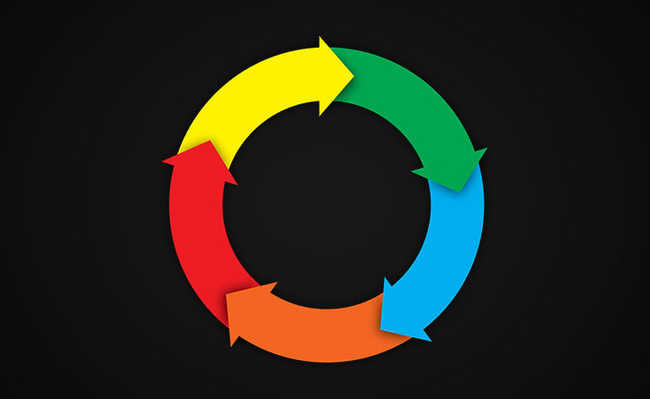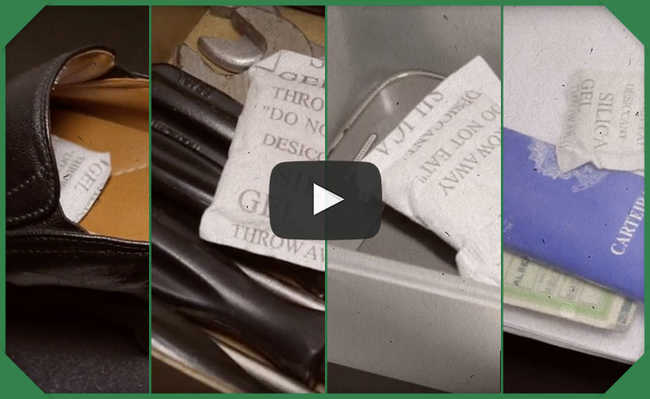What is reverse logistics?
Companies, governments and consumers play their role in reverse logistics

craig538 image by Pixabay
Reverse logistics is a solution for society to avoid various forms of pollution. The increase in consumption brings with it a large generation of urban solid waste and, often, the management of this waste is done incorrectly. Waste that can be reused, recycled or reused is common and many of them end up in landfills and dumps. Hence the importance of public and business reverse logistics policies.
- Recycling: what is it and why is it important
Improperly disposed waste attracts vectors (such as mosquitoes) and can cause disease, in addition to the possibility of causing contamination of soil and water bodies, air pollution when burned, among others. One way or another, residues and tailings must be disposed of and disposed of correctly so that they do not negatively affect the environment and, consequently, humanity.
- Understand the environmental impact of plastic waste on the food chain
Thus, the National Solid Waste Policy (PNRS) was established, Law No. 12,305/10, which provides principles, objectives and instruments related to solid waste management, as well as guidelines relating to the integrated management and management of this material , among other aspects.
Part of the principles and instruments defined in the law are shared responsibility for the life cycle of products and reverse logistics. According to the PNRS, product responsibility rests with traders, manufacturers, importers, distributors, citizens and holders of cleaning and solid urban waste management services.
This means that the PNRS forces companies to accept the return of their discarded products, in addition to taking responsibility for the destination of these items. The law defines reverse logistics as an "instrument of economic and social development characterized by a set of actions, procedures and means intended to enable the collection and return of solid waste to the business sector, for reuse, in its cycle or in other cycles production, or other environmentally suitable final destination".
- What is Circular Economy?
Some products require a reverse logistics system independent of the public cleaning service, that is, it is the company's full responsibility to re-collect products that are dangerous for the population and the environment. Manufacturers, importers, distributors and traders of:
- Pesticides, their residues and packaging, as well as other products whose packaging, after use, constitutes hazardous waste;
- Batteries;
- Tires;
- Lubricating oils, their residues and packaging;
- Fluorescent, sodium and mercury vapor and mixed light bulbs;
- Electronic products and their components.
To assist in reverse logistics, those responsible can implement a purchase mechanism for used products and packaging, so the population is encouraged to return the material. They can also create delivery points and work in partnership with cooperatives to collect waste.
Decree No. 7.404/2010 ratified the relevance of reverse logistics and created the Guidance Committee for the Implementation of Reverse Logistics Systems (Cori), which is chaired by the Ministry of the Environment (MMA). It is also made up of four other ministries: the Ministry of Development, Industry and Foreign Trade (MDIC), Ministry of Agriculture, Livestock and Supply (MAPA), Ministry of Finance (MF) and Ministry of Health (MS).
Cori's structure includes the Technical Advisory Group (GTA), which is made up of technicians from the Ministries that make up Cori. Cori and GTA are responsible for managing government actions to implement specific reverse logistics systems through sectorial agreements and technical and economic feasibility studies.
Sectoral agreements are acts of a contractual nature, signed between the government and manufacturers, aiming at the implementation of shared responsibility for the life cycle of products. In addition to the reverse logistics system for the products and packaging mentioned above (mandatory by the PNRS), Cori and GTA reached sectorial agreements for packaging in general (paper and cardboard, plastic, aluminum, steel, glass, or a combination of these materials, long life carton packs) and an agreement for medicines is being negotiated.
Our role, as consumers, is to return products to specific posts, which are determined by merchants or distributors. They can then forward the waste to manufacturers or importers so that they can make an adequate and sustainable disposal.
The implementation of reverse logistics is a great ally of the Circular Economy, since when the waste is returned to the production cycle, the material is no longer waste and becomes raw material for new products. Along with raising the population's awareness, through environmental education, reverse logistics helps to minimize the environmental impacts caused by poor waste management, taking a big step towards sustainability.
Do your part, dispose of your waste correctly! Check here which are the closest collection points for each of the waste you need to dispose of.
Watch the waste and reverse logistics video:










